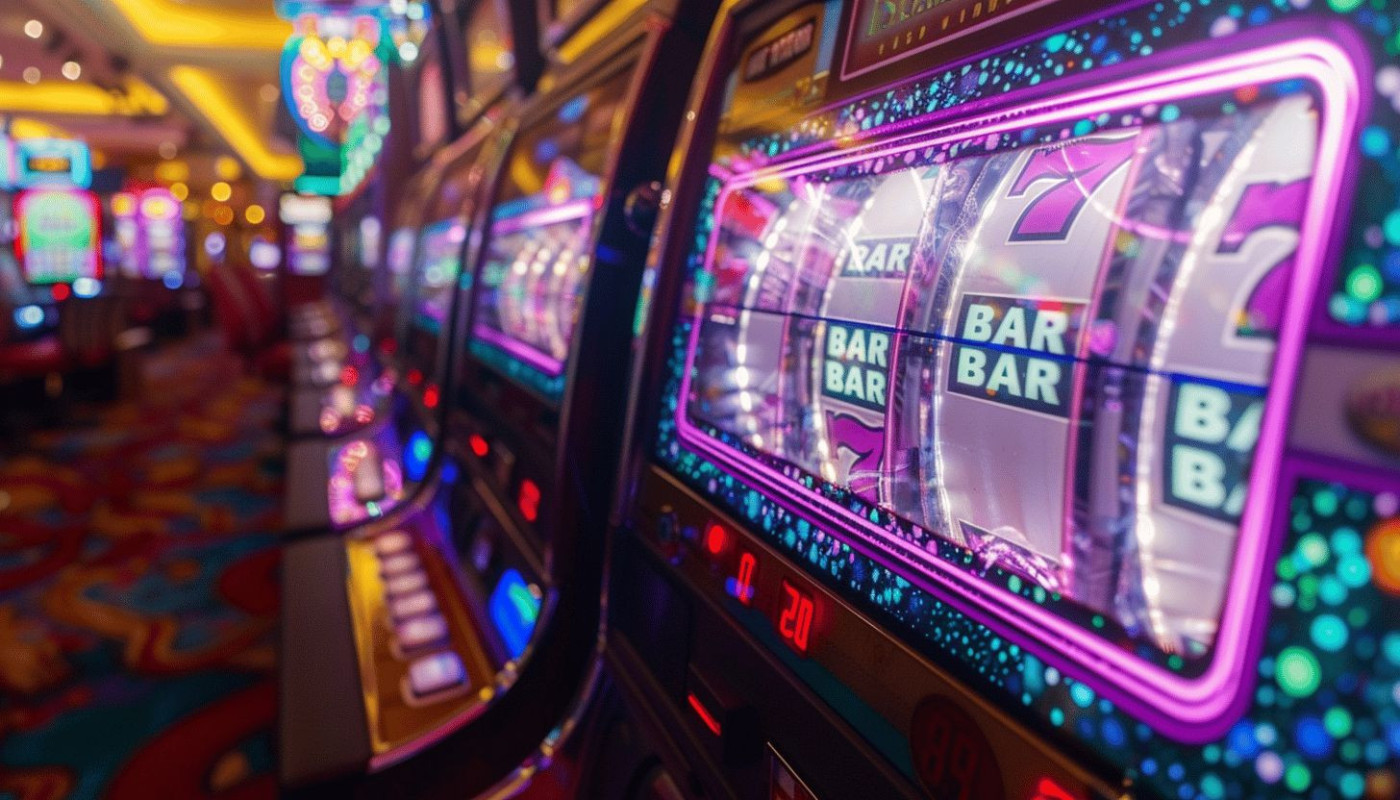Table of contents
Slot machines, those captivating devices of chance and entertainment, are more than just a game; they're a complex blend of mathematics and technology. The whispers and whirrs you hear as the reels spin aren't driven by luck alone, but by an intricate algorithm that ensures unpredictability while still adhering to the principles of probability. This article endeavors to lift the veil on this hidden world of numbers at play within slot machines. You're invited to journey through a maze where science meets fun, unraveling how random number generators work their magic while also gaining insights into payoff ratios and house edges - all essential perspectives for any casino enthusiast.
Understanding Random Number Generators
The cornerstone to the functioning of slot machines is something known as the 'Random Number Generator' or RNG. These RNGs are the heart of the game, responsible for the outcome of each spin. The beauty of RNGs lies in their unpredictable algorithms, which are designed to ensure fair gameplay by generating a sequence of numbers that do not follow any predictable patterns.
Every time you push the spin button on a slot machine, the RNG spews out a completely random combination of numbers. Regardless of the number of times you spin, the outcome will always be different, thanks to the RNG’s sophisticated algorithms. This pseudo-randomness is what makes the game fair and unbiased, preventing players from predicting or manipulating the results.
It is noteworthy that understanding the working of RNGs is essential for those indulging in slot machines, as it reinforces the fact that the results of these games are entirely random and are thus, unfathomable. The key takeaway is that the RNG ensures that each spin is an independent event, making every game a unique experience.
The Mathematics Behind Payoff Ratios
The notion of payoff ratios is a key component when it comes to breaking down the mathematics of slot machines. In layman's terms, a payoff ratio can be described as the ratio of the winnings paid out to bettors relative to the total amount staked by them. For instance, if a slot machine pays out $90 to winners for every $100 that is gambled, its payoff ratio would be 90%.
The understanding of payoff ratios significantly influences your potential earnings over an extended period. Let's say you play a slot machine with a 95% payoff ratio. This implies that in the long run, for every $100 you wager, you can expect to get back $95. But remember, this is a long-term average and not a guarantee.
The idea of a high return-to-player percentage (RTP) might seem enticing to players, giving an illusion of a potentially high payoff ratio. However, it's important to understand that the house always holds an inherent advantage. This advantage, also known as the house edge, ensures that casinos make a long-term profit from their games, even when offering slots with high RTPs.
The expected value formula comes into play here. Expected value can be seen as the average amount of money a bettor can expect to win or lose per bet. Even with a high RTP, the expected value is always in favor of the house, solidifying its position for long-term profit.
Probability Principles Applied
Understanding the concept of probability is pivotal when dissecting the mechanics of slot machines. In particular, concepts like Probability Theory, Independent Events, and Conditional Probabilities play a key role in determining reel outcomes. An independent event in slot machines, for instance, refers to the fact that each spin of the reels is an individual action that does not influence or get influenced by the outcomes of previous spins. This concept alone can help dispel the common Misconception Correction held by players that certain machines are 'hot' or 'due' for a jackpot.
In addition, the application of conditional probabilities further breaks down the illusion of pattern prediction in slot games. This is the idea that certain outcomes are somehow dependent on prior ones, which is not the case in the randomness of slots. The Law of Large Numbers, a fundamental principle in probability theory, also asserts that the more spins made, the closer the actual results will align with the theoretically predicted outcomes, debunking the concept of 'hot streaks' or 'overdue jackpots'.
In summary, these fundamental principles of probability ensure the fairness and unpredictability of slot machines, thus offering a thrilling and exciting gaming experience to players worldwide.
On the same subject

Comparative Analysis Of Sports-themed Slots Versus Traditional Casino Games

Slot machine paylines understanding how to maximize betting strategies

Exploring The Thrill Of Road Crossing Games With High Stakes

Exploring Cluster Slots: A Guide To Unique Reel Features

